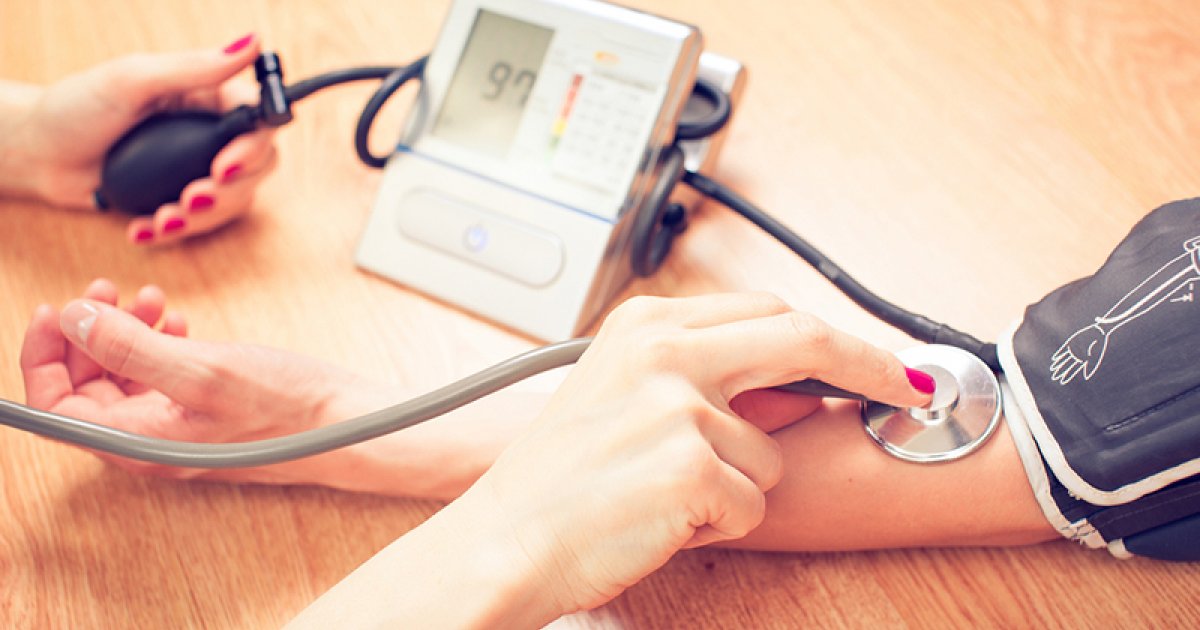When You Should Say 'No Thanks' to the Keto Diet
7. If You Have High Blood Pressure Or Are Taking Blood Pressure Medications

Although there is considerable evidence available proving that the ketogenic diet lowers blood pressure, the first few weeks of the diet can pose dangers for anyone with high blood pressure. The body will react to the diet by reducing its blood pressure, but it may lower it too quickly, deeming medication useless. Dizziness and weakness are common in those with high blood pressure who start the ketogenic diet. Blood pressure medications and this diet method can react adversely to one another due to a sudden drop in blood pressure in the first few weeks. Considering the ketogenic diet can be harmful to those with high blood pressure, consulting a medical professional is a critical step in avoiding or minimizing any damage. Constant monitoring of blood pressure is a vital step in ensuring a healthy ketogenic diet.
8. If You Are Pregnant Or Breastfeeding

A ketogenic diet may be helpful in getting pregnant, but once a patient becomes pregnant or is breastfeeding, it is recommended to stop all ketogenic eating practices. There are several precautions for those who wish to continue their ketogenic diet into pregnancy. Eating whole foods such as fruits, nuts, and vegetables will be of great benefit to the child, but an expectant mother should not aim for any weight loss during pregnancy, as adequate calories and proper nutrition should be of paramount concern. Avoiding refined grains, processed foods, and unnatural sugar is also considered good advice as well as intermittent fasting. Maintaining a healthy diet and exercise routine while pregnant is the key to continuing healthy ketogenic diet practices. Breastfeeding women should also incorporate a small serving of carbohydrates in their daily diet as they tend to lose a substantial amount of energy through their breastmilk.
